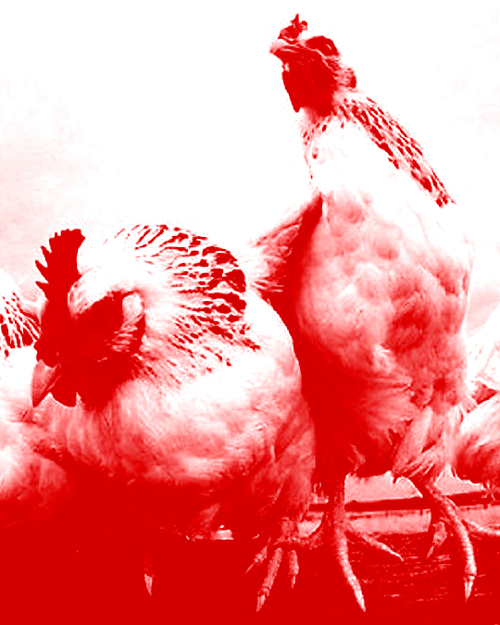Chickens freed from mozzie role
 Some of the most important chickens in Australia are retiring.
Some of the most important chickens in Australia are retiring.
Victoria’s sentinel chickens are retiring after nearly 50 years on the front line.
New testing and surveillance methods have made it quicker and easier to detect mosquito-borne viruses, automating a key role previously played by chickens.
Since 1974, Victoria’s sentinel chicken program has played a crucial role in providing the community with an early warning about emerging risks to human health from some mosquito-borne viruses.
The chickens, housed in mosquito-prone areas along the Murray River and tributaries, have played a key part in the state’s mosquito-borne disease surveillance, relying on the natural circulation of mosquito-borne viruses.
Weekly blood samples were tested by scientists to assess if birds had been exposed to the mosquito-borne viruses – Murray Valley encephalitis virus and West Nile virus (subtype Kunjin). Results from this form of testing would often take weeks.
But now, new molecular testing methods enable mosquito samples to be screened directly. The new technique was rolled out in Victoria in 2019 to screen mosquitoes for Ross River virus and Barmah Forest virus.
Researchers at Agriculture Victoria in partnership with the Department of Health developed the new testing methods, which provide laboratory results within days.
The latest cohort of 175 chickens have now retired from the program, with many of them being rehomed in the local community by flock managers.








 Print
Print